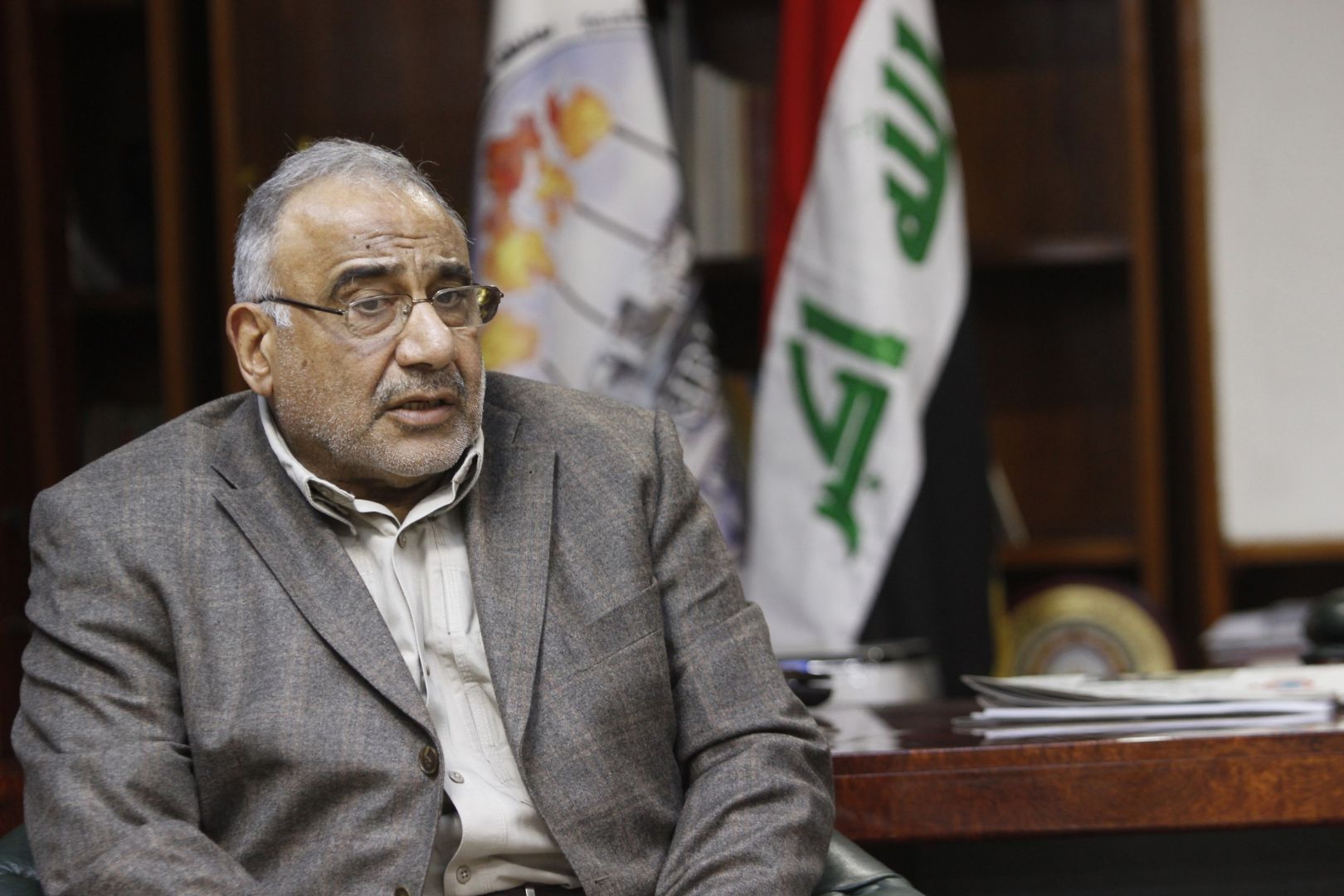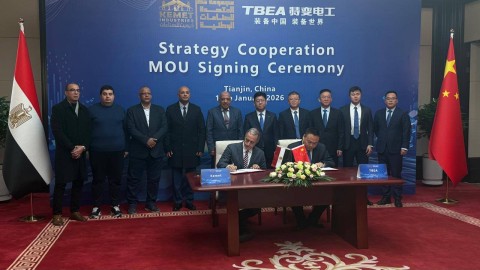The Iraqi oil ministry is holding talks with foreign oil companies debating alteration to the signed agreements in an attempt to switch from the currently used service agreements model to a revenue-sharing model that reflects on the global oil prices, reported Reuters. Under the current system, foreign oil companies are paid a fixed fee per barrel of oil instead of an equity stake, regardless of the falling prices of crude, while Iraqi government has been recording losses in oil revenue. A new revenue-sharing system is designed to prevent this financial disadvantage, under which fees will rise and decline in correlation with crude prices in the global marketplace.
In an interview, Iraqi Oil Minister, Adel Abdul Mahdi, explained that service agreements were straining Iraq’s budget due to declining oil prices that had eaten away at the country’s oil revenues. He added that with service agreements Iraq also had to incur additional expenses by reimbursing foreign companies for the cost of their infrastructure investments. The objective is to compress costs that the companies pass on to the country, he said, adding that his ministry did not “want the companies to compensate for their lower profits by increasing costs like hiring many employees abroad, high salaries, sub-contracts offered for their subsidiaries.” Abdul Mahdi emphasized that the proposed system was not a production-sharing model, it is rather calculated in a way that would allow sharing the burden of fluctuations in the oil market.
In other developments, the Iraqi Oil Minister was quoted by Al-Arabiya as saying that Iraq would boost oil production and exports regardless of Iran’s return to the market, even though this is expected to further depress oil prices. “Until now, the demand on our oil is more than our offer, even with the return of Iran,” he explained. Baghdad thus plans to increase its oil output from the country’s southern region to over 4mb/d in 2016, up by 400,000b/d. The minister added that Iraq would also offer competitive prices for its additional output, adding that contracts had already been made with Chinese refineries for this year.












